Introduction
Concrete and cement are two essential materials that play a vital role in construction. However, many people use the terms interchangeably, which is incorrect. Both materials have different properties, uses, and applications. In this article, we will discuss the concrete and cement difference in detail.
What is Cement?
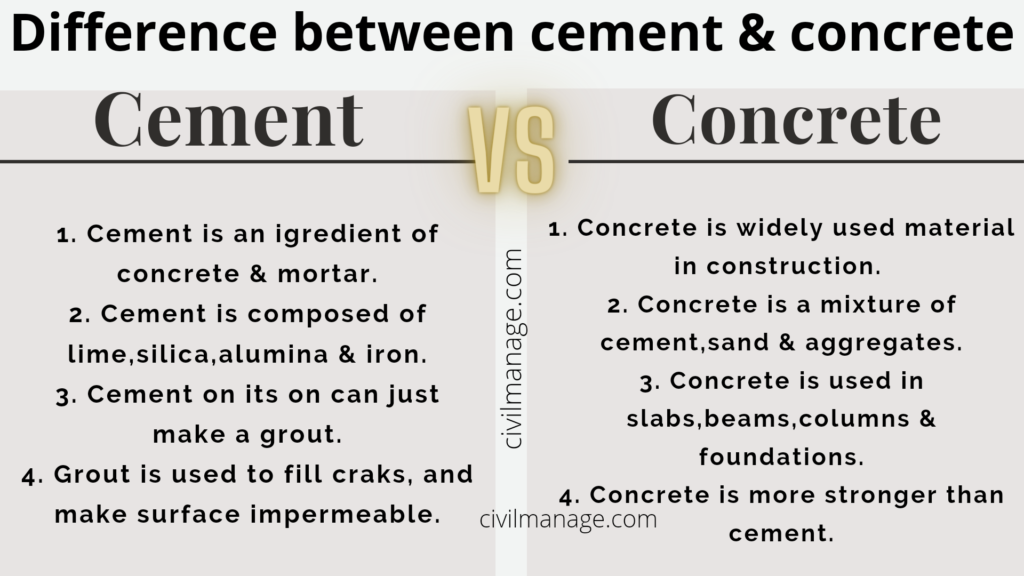
Cement is a binding agent that is used to bind construction materials together. It is a fine powder that is made by heating limestone and clay in a kiln. The resulting powder is then mixed with water to form a paste that hardens over time.
Cement is the primary ingredient used in concrete, but it is not concrete itself. There are different types of cement available, such as Portland cement, white cement, and colored cement. Each type has unique properties that make them suitable for specific applications.
What is Concrete?

Concrete is a building material that is made by mixing cement, water, and aggregates such as sand, gravel, or crushed stone. The mixture is then poured into a formwork, where it hardens and sets into a solid mass.
Concrete is a versatile material that can be used in various applications, such as building foundations, walls, floors, and pavements. It is strong, durable, and resistant to fire and weathering.
The Main Difference Between Concrete and Cement
:max_bytes(150000):strip_icc()/difference-between-cement-concrete-and-mortar-2130884-final-ac-5c1aa0e546e0fb0001909553.png)
The main difference between concrete and cement is that cement is an ingredient used in concrete. Cement is the binding agent that holds the aggregates together to form concrete. Cement alone cannot be used as a building material, while concrete can.
In other words, concrete is a mixture of cement, water, and aggregates, while cement is a component of concrete. Therefore, it is incorrect to use the terms interchangeably.
Properties of Cement
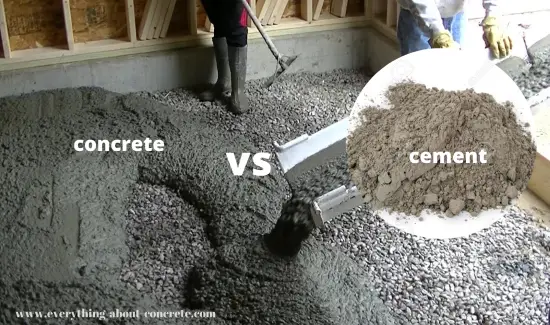
Cement has specific properties that make it suitable for construction. Some of these properties include:
- Cement is a fine powder that can be easily mixed with water to form a paste.
- It hardens over time and becomes a strong and durable material.
- Cement is resistant to water and weathering.
- Cement has a high compressive strength, which makes it suitable for building foundations and other structural elements.
Properties of Concrete

Concrete has unique properties that make it a popular building material. Some of these properties include:
- Concrete is strong and durable, which makes it suitable for heavy-duty construction.
- It is resistant to fire and weathering.
- Concrete has a high compressive strength, which makes it suitable for building foundations and other structural elements.
- Concrete is a versatile material that can be used in various applications.
Applications of Cement
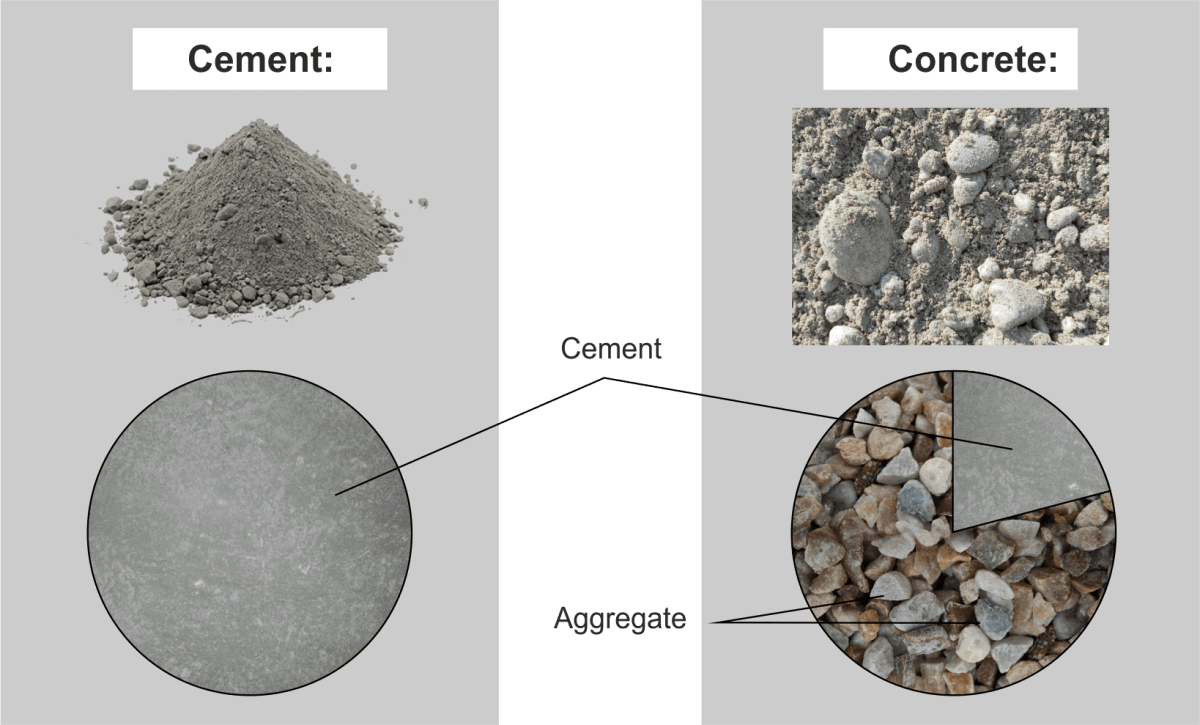
Cement is primarily used as a binding agent in construction. Some of the common applications of cement include:
- Building foundations and walls
- Making concrete blocks, bricks, and pipes
- Making plaster and stucco
- Repairing cracks and holes in concrete and masonry
Applications of Concrete
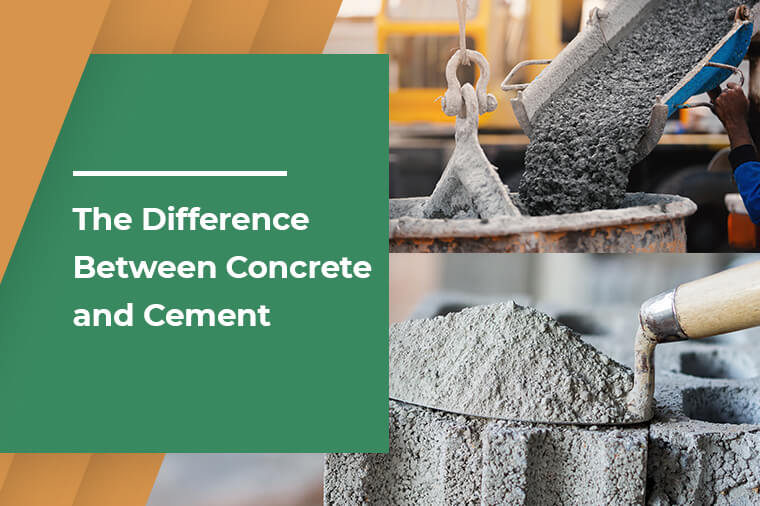
Concrete is a versatile material that can be used in various applications. Some of the common applications of concrete include:
- Building foundations, walls, and columns
- Making pavements, sidewalks, and driveways
- Making bridges, dams, and tunnels
- Building swimming pools and other water features
Cost Comparison Between Concrete and Cement
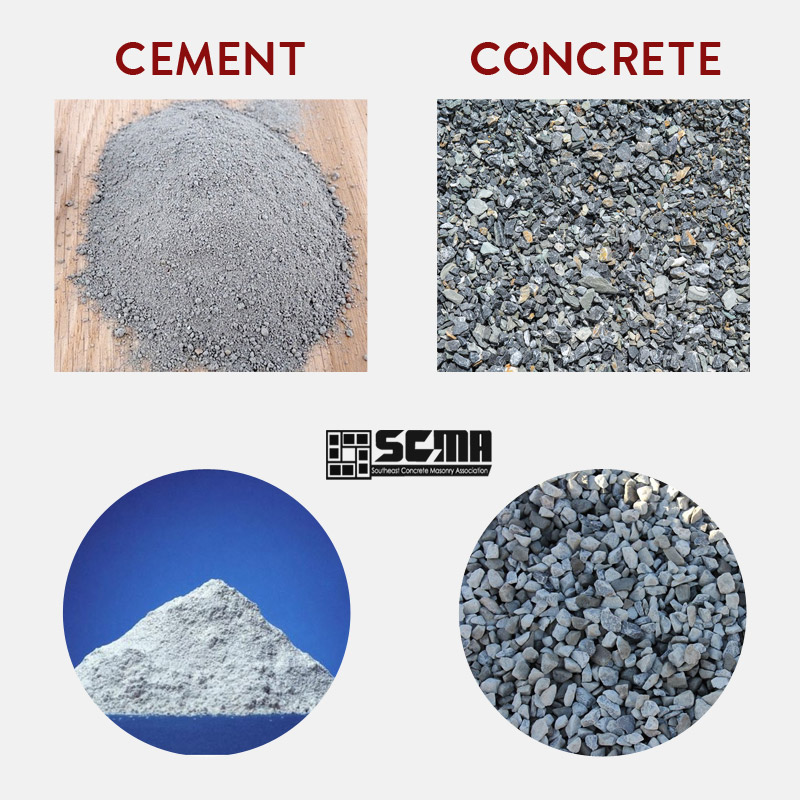
The cost of concrete and cement depends on several factors, such as the type and quality of the material, the location, and the labor costs. However, in general, cement is cheaper than concrete.
Cement costs around $1 to $3 per pound, while concrete costs around $3 to $10 per square foot. Therefore, using cement to make concrete can be a cost-effective option for large-scale construction projects.
Environmental Impact of Concrete and Cement
The production of concrete and cement has a significant impact on the environment. Cement production is responsible for around 8% of global greenhouse gas emissions.
Concrete production also has a significant environmental impact, as it requires large amounts of water and energy. However, there are ways to reduce the environmental impact of concrete and cement production, such as using recycled materials and improving production methods.
Conclusion
In conclusion, cement and concrete are two different materials that have unique properties and applications. Cement is a binding agent that is used to make concrete, while concrete is a building material that is made by mixing cement, water, and aggregates. It is essential to understand the difference between cement and concrete to use them correctly in construction projects.